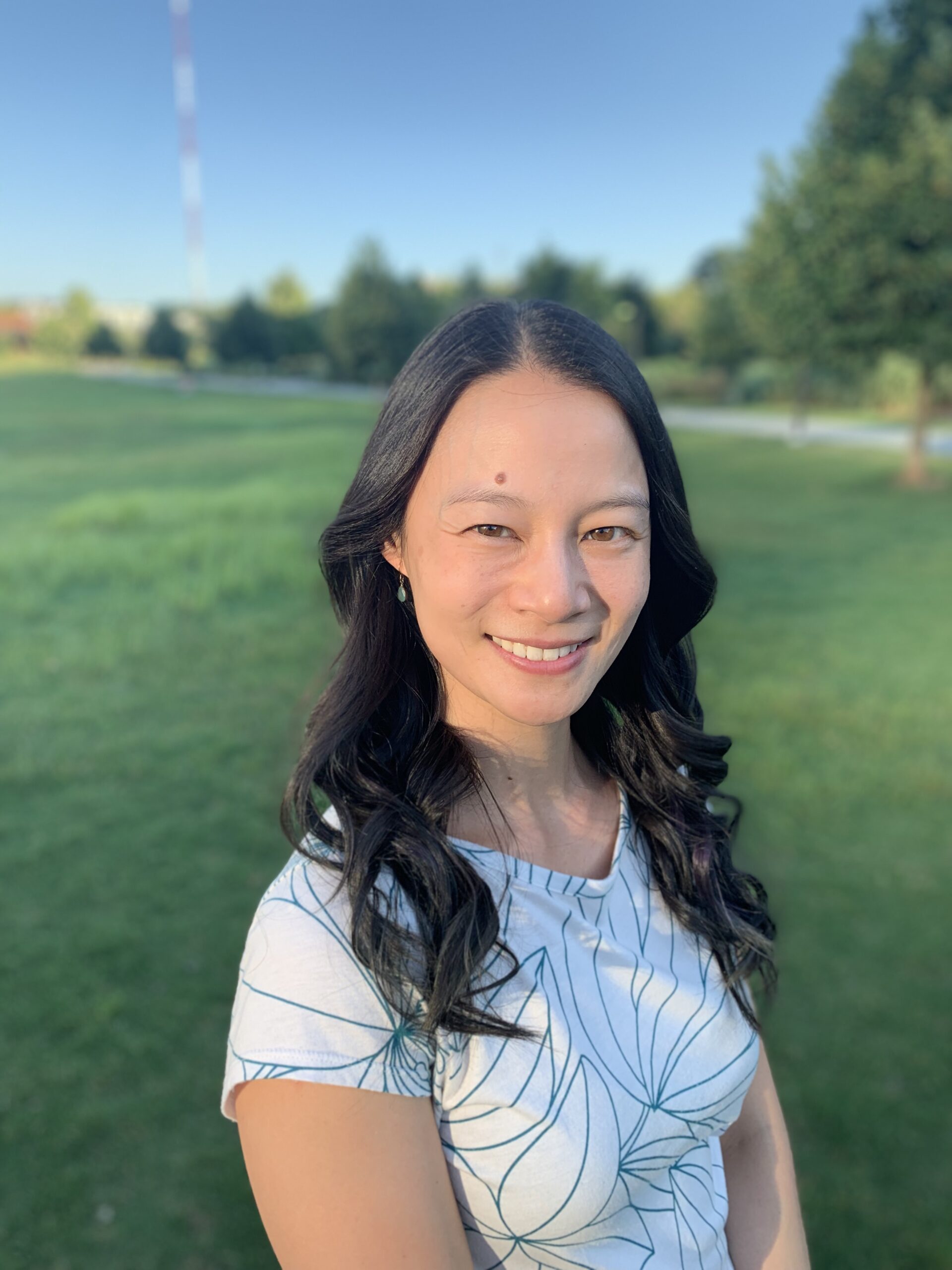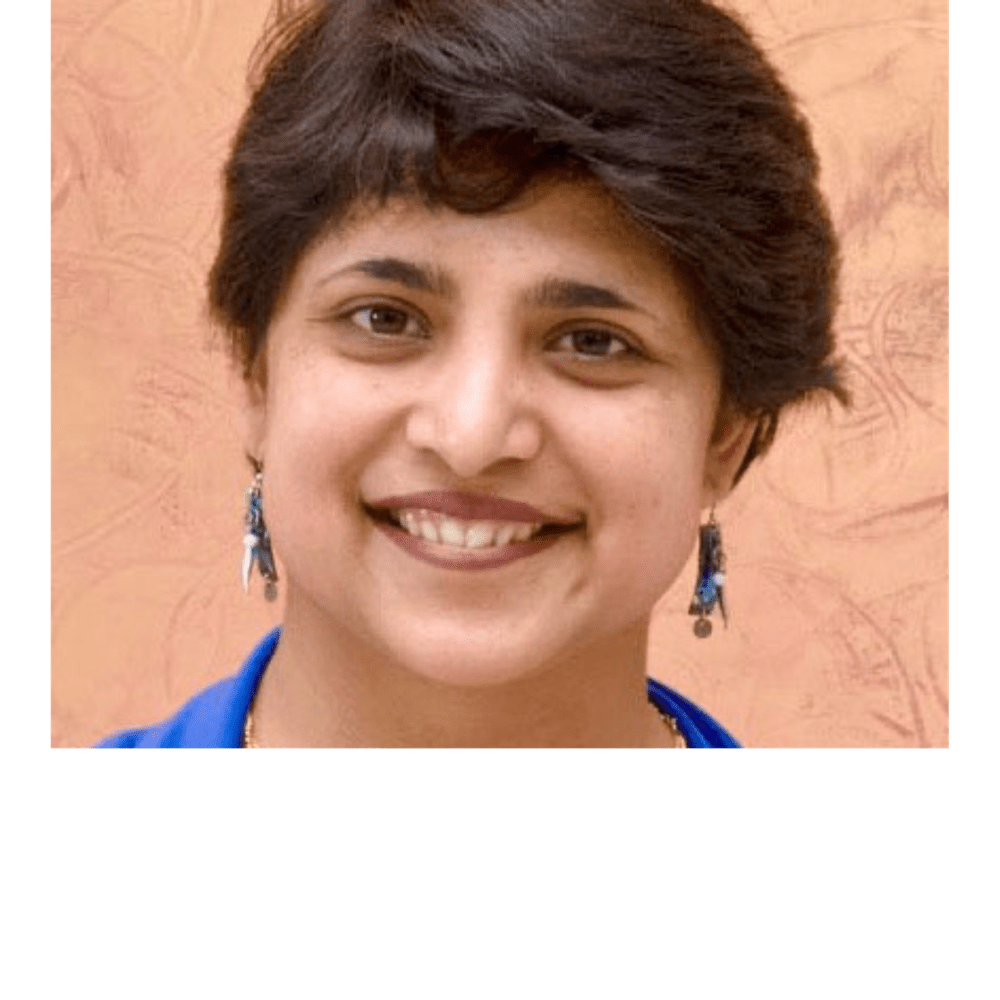Panelists
Careers in Academia
Friday, June 18, 4:00–5:00 p.m. EDT
Moderator
Teresa Lee is an Assistant Professor in the Department of Biological Sciences at UMass Lowell. Her lab uses C. elegans to study how chromatin landscapes mediate epigenetic inheritance over many generations. She received her PhD from UC Berkeley, where she trained with Barbara Meyer on how chromosome structure regulates meiotic recombination. She performed her postdoctoral research at Emory University with David Katz, where she discovered that repressive chromatin can enable longevity and its inheritance. Currently, the Lee lab combines molecular genetics, cytology, and genomics to explore how the transgenerational inheritance of chromatin affects health, development, and lifespan. She has developed classes using inclusive teaching strategies and course-based research experiences for Clark Atlanta University, the Emory-Tibet Science Initiative, and Oglethorpe University.
Swathi Arur is an Associate Professor in the Department of Genetics, Division of Basic Science at the University of Texas MD Anderson Cancer Center. She investigates the role of environmental cues and maternal nutrition in regulating oogenesis and oocyte to embryo transition in C. elegans. She hopes to advocate for encouraging cross model organism collaboration through TAGC and for initiatives that foster increased public engagement of students in community colleges and high schools.
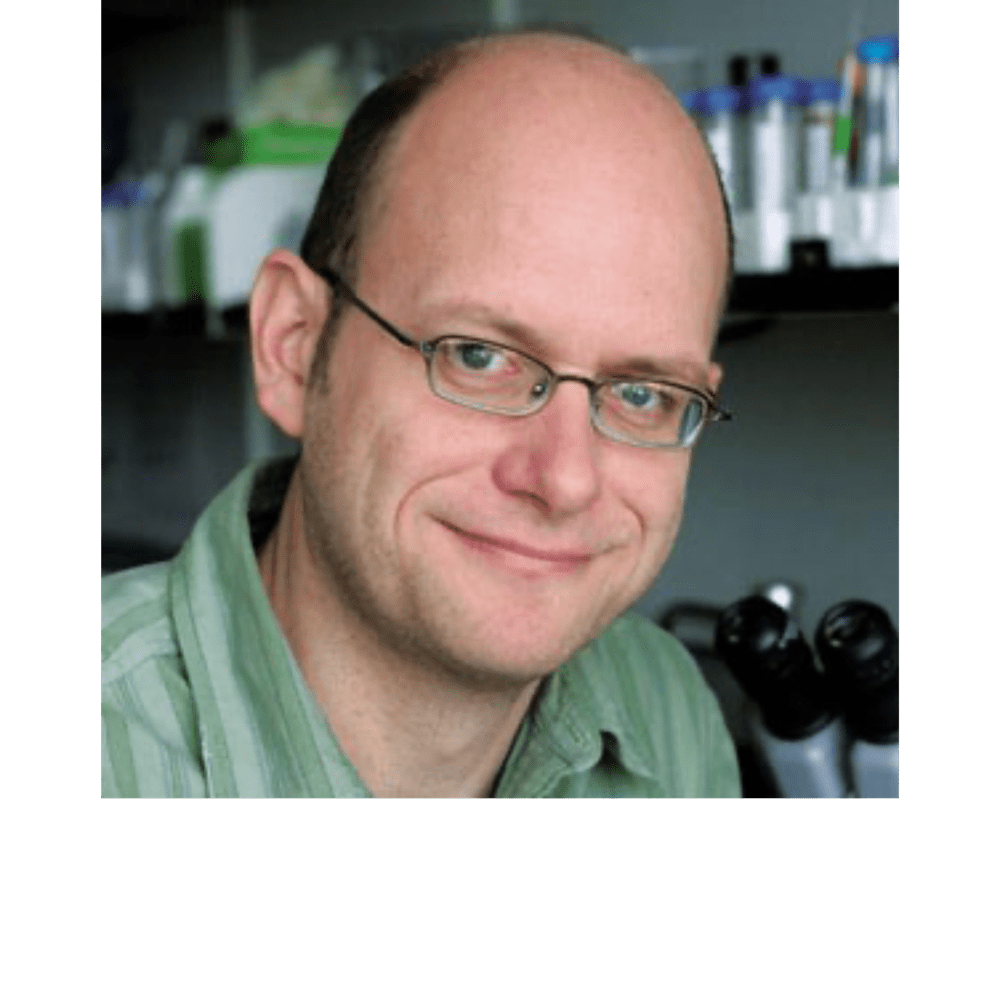
Oliver Hobert
Oliver Hobert is a Professor in the Columbia University Department of Biochemistry and Molecular Biophysics, an Investigator of the Howard Hughes Medical Institute, and holds an Interdisciplinary Faculty position in the Department of Systems Biology. His laboratory studies the molecular mechanisms responsible for generating the remarkable diversity of cell types found in the nervous system. Using C. elegans as a model system, they have revealed the regulatory mechanisms that control terminal neuronal identity and demonstrated that these mechanisms are conserved in chordates. They also used this knowledge to reprogram the identity of heterologous cell types to become specific neuron types. The lab’s other interests include the origins of asymmetrical neuronal differentiation along the left/right axis, the molecular mechanisms of neural system plasticity, and the conservation and evolution of neuronal gene expression programs. His lab has also developed a number of tools to analyze whole genome sequence data.
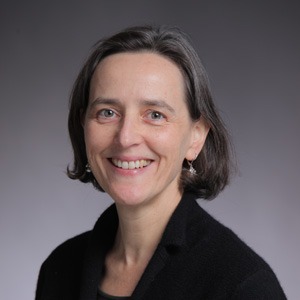
Jane Hubbard
Jane’s first job after graduating from Cornell University was studying coral reef ecology with her undergraduate research advisor Dr. Bill McFarland as a research diver in the West Indies. From there, she joined the US Peace Corps, spending nearly four years in fisheries (primarily shrimp and mussel culture) in Western Samoa and in Fiji. Grappling with equally enticing career opportunities in applied science in the context of international development and developmental biology in the context of academic science, she pursued a MS degree in zoology at the University of Hawaii, working with Dr. Michael Hadfield and studying metamorphosis in a marine nudibranch. During her MS studies, summer courses in marine invertebrate zoology and embryology at the Friday Harbor Laboratories and an increasing interest in molecular mechanisms of development turned the tide. After working as a technician in two Drosophila labs (Dr. Corey Goodman and Dr. Gary Struhl), she entered the PhD program in Genetics and Development at Columbia University. Working on glucose repression in yeast with Dr. Marian Carlson, she discovered components of a kinase complex, now known as AMPK, and other proteins with which it functionally interacts. As a postdoc with Dr. Iva Greenwald, she returned to animal development, this time in C. elegans, and worked on several aspects of Notch receptor signaling. In her own lab, she started by identifying genes that, when mutant, cause germline tumors. For the last ~10 years, her lab has focused on how animal physiology interfaces with signal transduction mechanisms to regulate germline stem cells in C. elegans.
Outside the lab, Jane enjoys singing, cycling, swimming, boating, and making and eating ice cream (not necessarily in that order!).
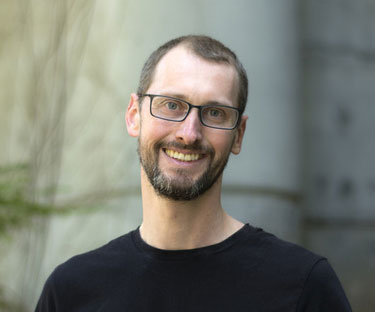
Jordan Ward
Jordan Ward is an Assistant Professor of MCD Biology at the University of California, Santa Cruz. He did his BSc (Honors) in Microbiology and MSc Microbiology at the University of Alberta in Canada before finding C. elegans during his PhD with Professor Simon Boulton at Cancer Research UK in London, where he studied the DNA damage response. His postdoctoral studies at UC San Francisco with Professor Keith Yamamoto focused on the role of C. elegans nuclear hormone receptor transcription factors in development. He started his lab at UCSC in 2016, and his group focuses on transcriptional control of spermatogenesis and molting in C. elegans with an interest both in fundamental biology and an interest for leveraging this work to combat parasitic nematodes. This group of pathogens causes neglected tropical disease and hampers food production by infesting crops and livestock. He has been a recipient of early career awards such as a K99/R00 from the NIH/NIGMS and an NSF CAREER award. At University of California, Santa Cruz, he is particularly interested in improving educational outcomes from transfer students and providing better access to research opportunities for these students. Outside the lab, he is an avid trail runner and gardener and likes good food and drink.

